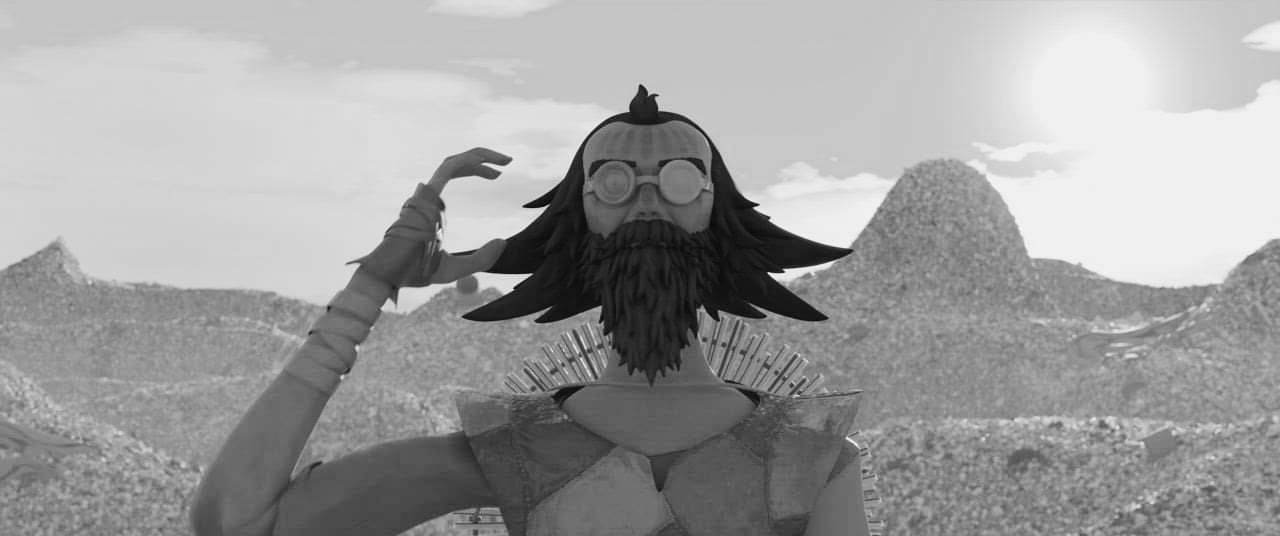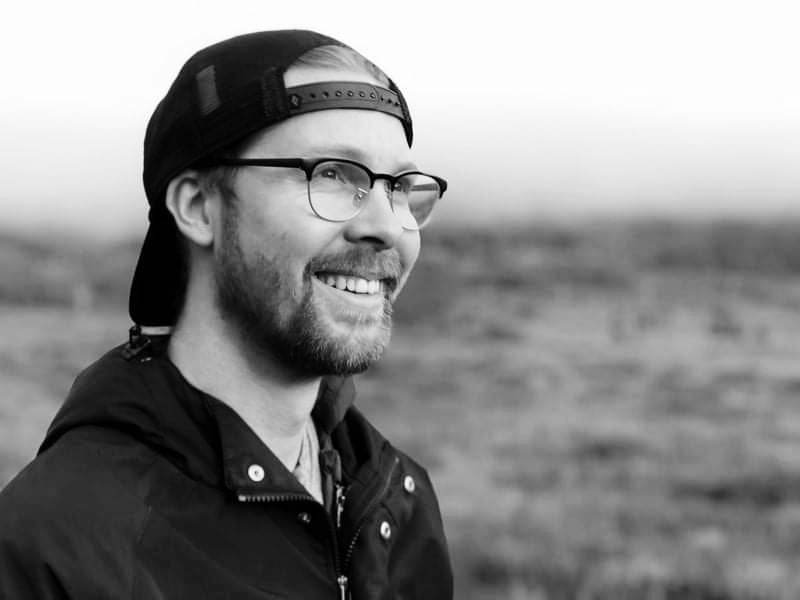
–Who is Thomas Smoor Isaksen?
I am a family man from a coastal town in Norway, where I have worked as a freelancer in the Norwegian film industry for the last couple of years. I have always dreamt about writing and directing my own movies. Storytelling has always been a part of who I am, in one way or another.
I believe if you work hard and never give up, anyone can achieve whatever goal they want, no matter where you live.
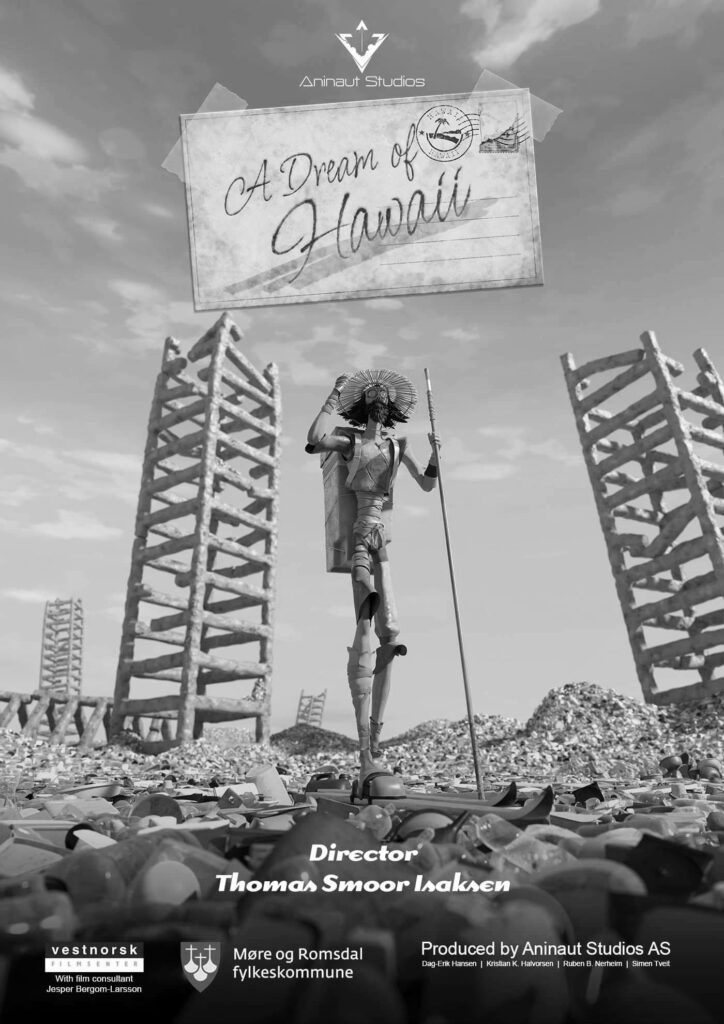
–What inspired you to become a filmmaker?
My inspiration for becoming a filmmaker comes from many sources. In the start, my interest in film and storytelling was just for myself.
I was convinced that to get through life, you needed an honest trade, and I started at a vocational school to become a mechanic. It turned out that was not for me. When I did poorly at school, my parents pushed me towards an education in media, which later evolved into a bachelor’s in film and tv-production.
The first and biggest inspiration that established my love for cinema and storytelling came at a young age. When my best friend and I got our hands on a VHS tape of Jurassic Park, snuck down to the basement and sat glued to the screen of an old box-tv. That was it for me. I was hooked. There was no turning back.
Movies became a way to experience the world, all its cultures, and splendors, a way to explore the human mindset, and in some ways, find myself and who I wanted to be as a person.
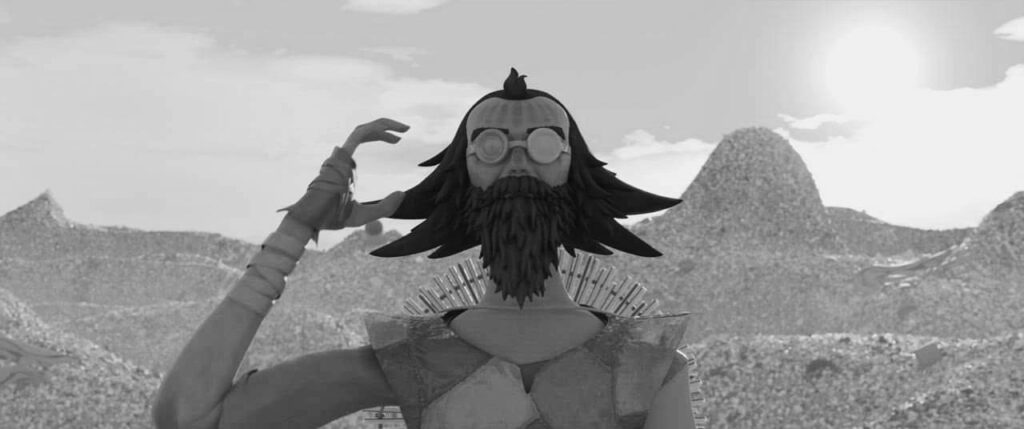
–Do you think the cinema can bring a change in the society?
Film could influence our thoughts and the way we view different problems and subjects. Film can create and change ideas, affect emotions, and enhance our opinions.
Every artist is looking for change in their art, be it big or small. In my short film “A dream of Hawaii,” I wanted to say something about the plastic pollution that is happening around the globe. From a young age, I have always been a fan of the fantasy and sci-fi genres and wanted to make my movie in those frames. This laid the foundation for a film set in a universe where everything was covered in plastic waste. The movie became a somewhat abstract picture of human frivolity and showed the environmental problem stretched to the extreme. With my movie, I wanted to create a debate around the plastic pollution we face today.
–What would you change in the world?
The egoism that is embedded in society is something I would change in the world. How people, businesses, and countries, often think about their best interest over that of society.
I believe we must begin to help each other on a fundamental level. Also, we need to become more aware of our overconsumption and its effect on our world.
I would change how humans seem unwilling to see how our actions impact everything around us for generations to come.
As my film “A dream of Hawaii” touch on, plastic pollution severely impacts our oceans and wildlife. Even though many great initiatives are taken to clean up our nature, there seems to be a surplus of people that don´t care.
No matter what we believe, we must stop searching for differences in each other and start working together as a unified planet.
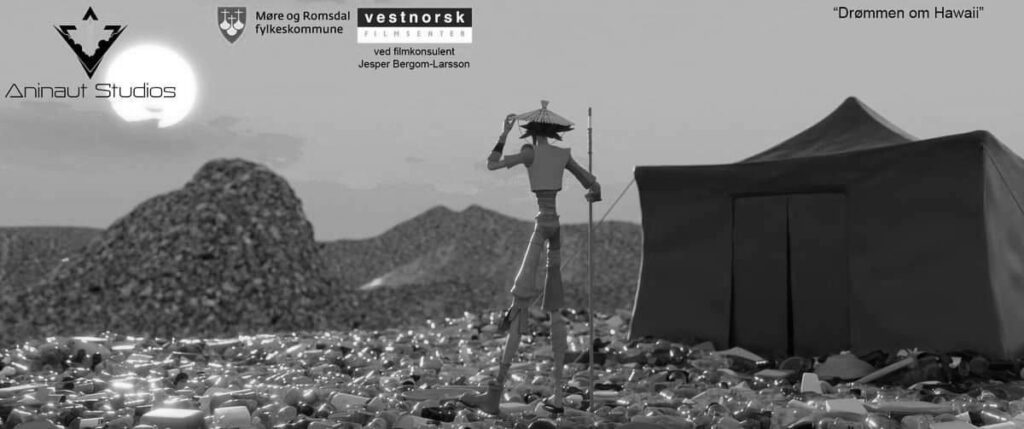
–Where do you see the film industry going in the next 100 years?
Where the film industry is going in the next 100 years is anyone’s guess, there is no doubt that humanity loves emerging into a well-crafted story, but what form that will eventually evolve into is something no one can predict. There is no end to ingenuity.
